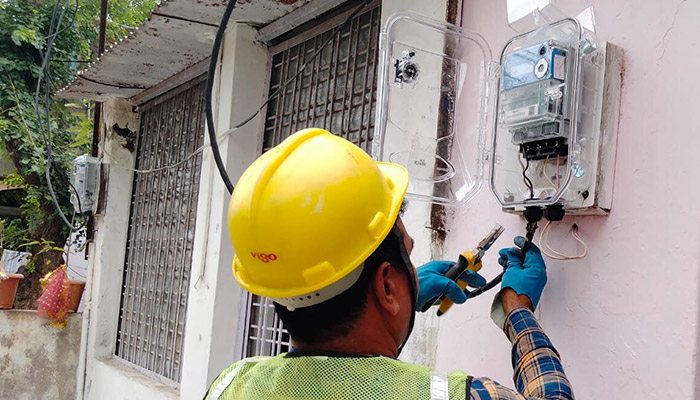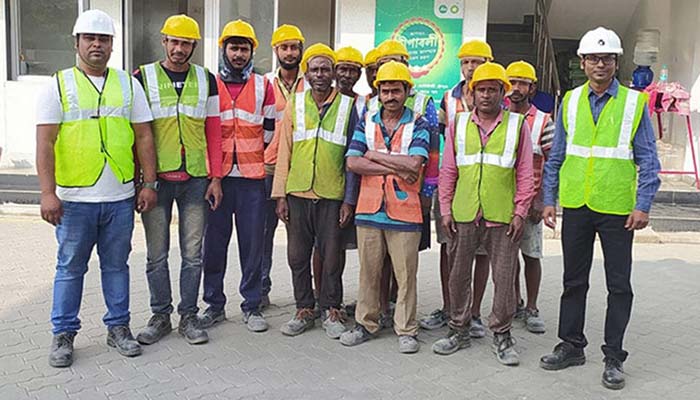About Us
The Story of Innovel
A glimpse at our ethos
Two decades ago, approximately 80,000 villages in India were deprived of grid connectivity, leaving them reliant on diesel generators and kerosene lamps for illumination. Recognizing this pressing need for clean, green, reliable, and sustainable energy solutions, Innovel was founded with a clear vision: to provide solar energy solutions that would transform the lives of these communities.
Over the past decade, Innovel has made remarkable strides in the renewable energy sector. We have successfully installed over 200,000 solar systems in India and abroad, effectively addressing energy challenges across diverse installations. From rural homes to critical facilities for sectors such as telecommunications and ISRO, Innovel’s solutions have been pivotal in bringing about positive change.
Our expertise lies in designing and implementing innovative solutions that offer clean, stable, and dependable energy supply. We take great pride in our achievements, such as enabling round-the-clock, connected banking services for both commercial and rural banks through our solar solutions. We have actively supported government initiatives aimed at providing millions of rural citizens with access to arsenic and fluoride-free potable water. Moreover, Innovel has empowered oil marketing companies in rural areas by providing the necessary energy for their network of fuel vending stations (petrol pumps).
Our Verticals
We create the best solutions to
match your expectations

Smart Energy
Get our smart metering solution to take control of your energy consumption and reduce unnecessary energy wastage.

Managed services

EPC & Turnkey Solutions/ Infrastructure

Smart Energy
Get our smart metering solution to take control of your energy consumption and reduce unnecessary energy wastage.

Managed services

EPC & Turnkey Solutions/ Infrastructure
Clients we have worked with:





Testimonials
What Our clients say about us
Testimonials
What Our clients say about us
Buy Green to Save Green
Providing the best customized solutions for clients around the world.
We strive to inspire change, foster sustainability, and be a driving force behind a brighter, greener, and smarter future for all.






